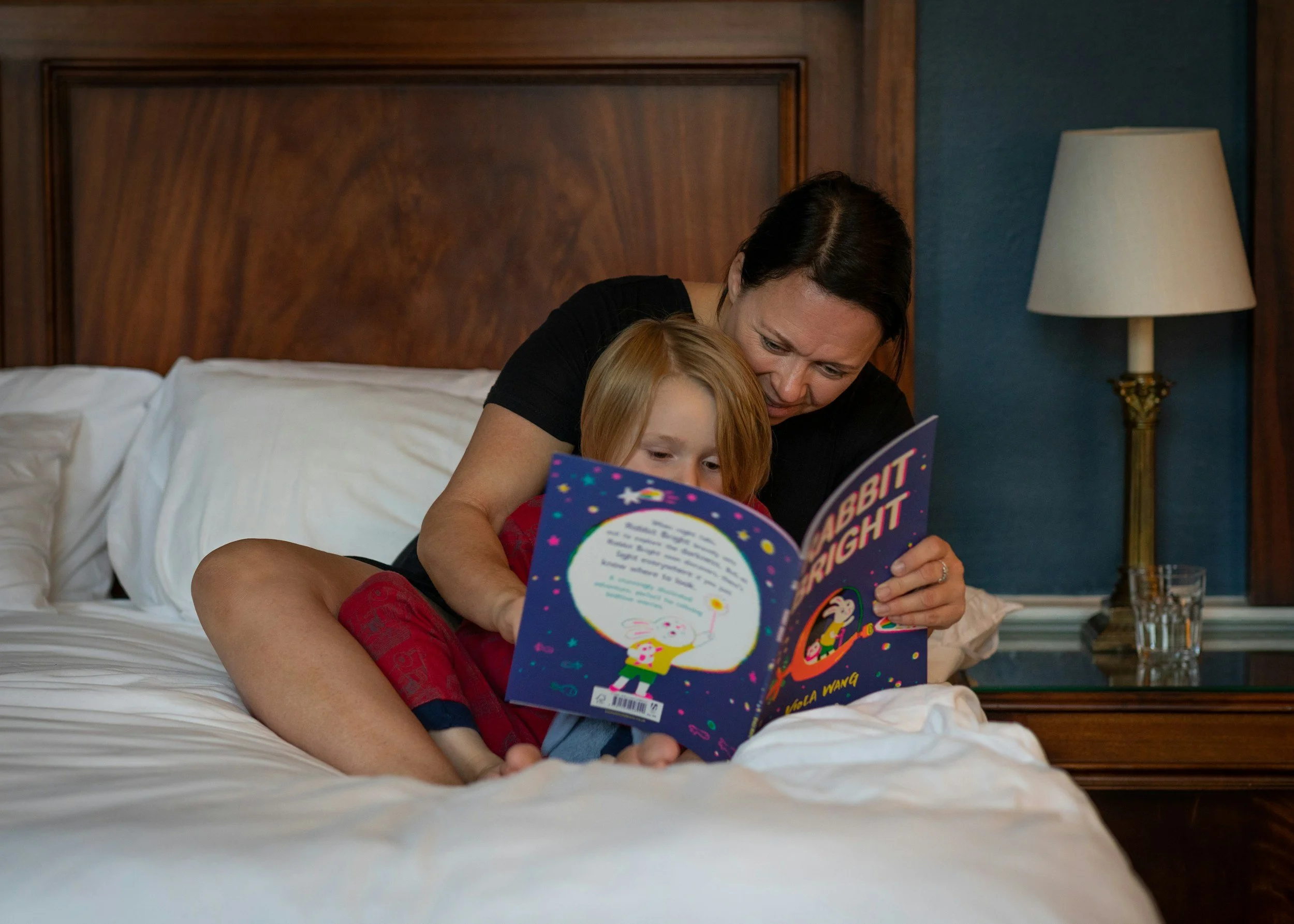
Bedtime & Sleep Problems
Sleep problems are one of our favorite issues to treat. While sleep problems are generally common, we see them show up more often among anxious children and teens, as well as among youngsters with neurodevelopmental vulnerabilities (e.g., ADHD, autism spectrum).
Ways that sleep problems can show up:
Anxiety by the child or teen about falling asleep
Reliance on parents’ presence to fall asleep
Stalling/ limit testing at bedtime
Difficulty winding down to sleep
“Curtain Calls” after tuck-ins
Daytime fatigue/ irritability
Nighttime fears
Nightwakings
Night terrors
Thankfully, there are great strategies for addressing bedtime and sleep issues. For young people with insomnia or who worry about whether or not they will fall asleep, we draw from cognitive-behavioral therapies for insomnia. When it comes to bedtime resistance and difficulty winding down at night, we usually rely on behavior interventions that are more parent-centered.
While there are occasions when we may need to coordinate treatment with the child’s or teen’s pediatrician or psychiatrist, we can usually find success through cognitive-behavioral / behavioral interventions. It is possible to have success and enjoy greater child independence around sleep without cold-turkey methods and big tears. We strive to deliver evidence-based strategies in a playful, creative manner that both parents and the child or teen are likely to accept.
Child and Teen Solutions (CATS) is a mental health clinic based in Seattle, Washington. We are staffed by psychologists and therapists who specialize in children, teens, young adults, and parent coaching. We offer both in-person and telehealth services. Our office is located in the Madison Park neighborhood, near Lake Washington.

